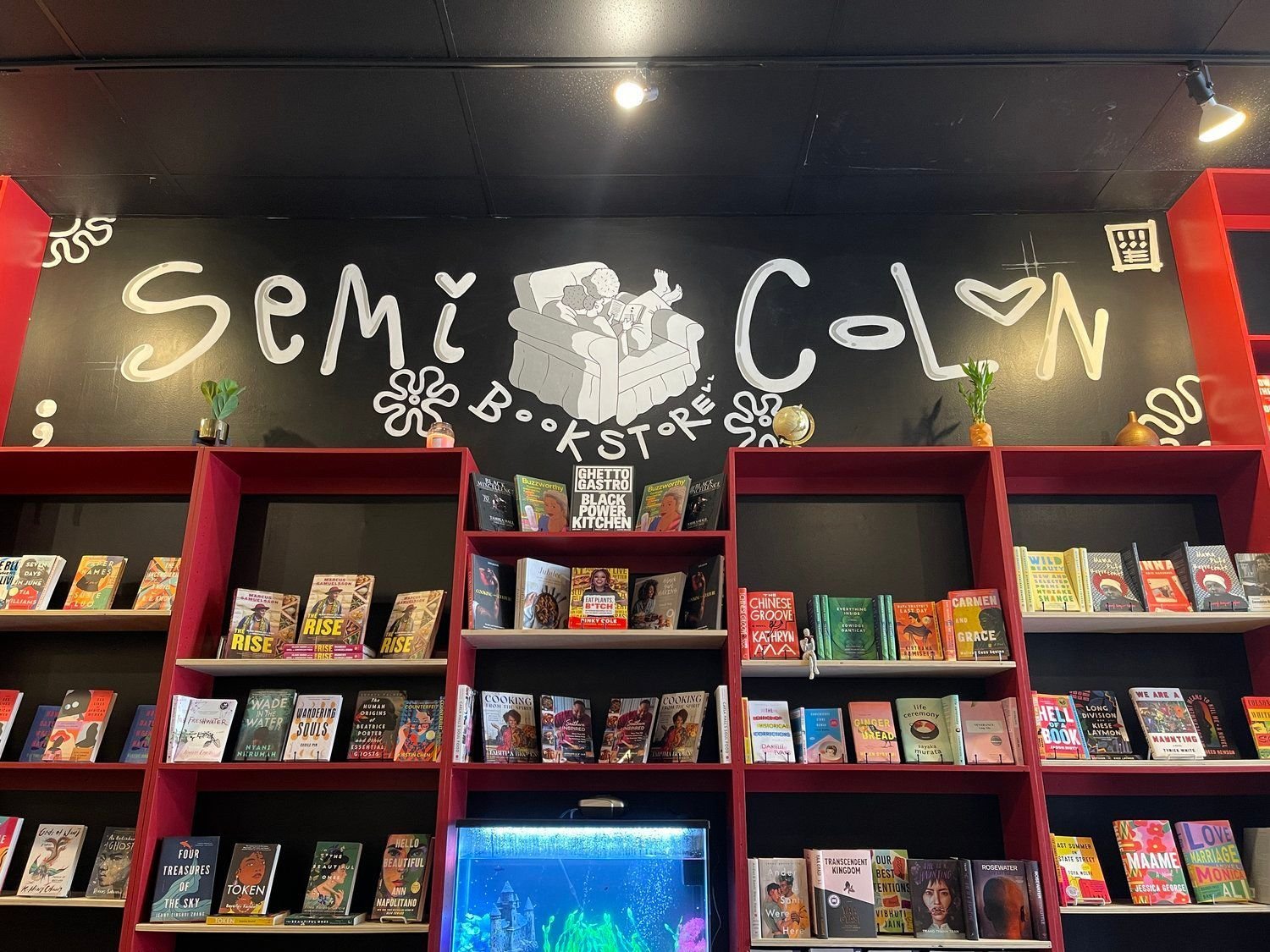The Em Dash #12
Friend, I have three things to say to you today.
1. Traditional publishing has its merits (and ~prestige~), but more and more authors are finding independent and self-publishing to be the move.
Here’s one reason why: According to this Publishers Weekly article, “Traditionally published authors earned more in 2022 from nonbook writing-related income than book-related income ($5,000 vs. $7,400) while self-published authors earned more from book income.” [emphasis mine]
I like to tell the authors I work with that they can go whatever publishing route they want, and I always suggest looking at smaller publishing houses and self-publishing. In my opinion, the pros outweigh the cons!
You typically get more creative control and you get to keep more of each book sale! Sure, you’ve got to put a lot of effort (and money) into marketing your own book, but trad publishers have so many titles that you end up having to do a lot of your own marketing anyway.
If you want more info on the different publishing paths, check out Jane Friedman’s yearly post here.
Also, if you still want to do trad pub, more power to you! Try working with a BIPOC agent (if it makes sense for you/your project) to get you that deal! Here’s a helpful resource to find publishing professionals of color.
2. We need more BIPOC books and we need them to be bought and read.
This is not a surprise. I have been yelling about this forever, and for a while, so was the publishing world.
But it doesn’t seem like they’re doing as much as they could be. Let’s not even get into the stats of BIPOC authors who get traditional book deals (maybe I will go into it another day).
On the bookseller side of things, you know what gets promoted?
*ding ding ding*
Books by white authors! Like, Barnes & Noble’s “Best Teen & YA Books of 2023” were ALL by white authors.
In 2022, the top 30 NYT bestsellers (combined print & e-book Fiction & Nonfiction) only featured THREE BIPOC authors.
How do we fix this? With money! Tell the industry that you want more BIPOC stories by BIPOC authors in allll genres by buying those books and telling all your friends to do the same.
We also fix it by encouraging (or being) BIPOC creatives to write that book and get it published.
3. While I still love my Barnes & Noble shopping sprees, shopping local is soooo the better move.
My fav Chicago shops and why:
Semicolon Books | A nonprofit bookseller
It’s Black-owned!
Their mission: “bridging the literacy gap among minoritized communities by providing access TO and building interest IN books”
The vibes (photo from their website)
Their events! Like book clubs, readings, and open mic nights.
They’re in my neighborhood, so proximity plays a huge role, lol.
Again, the vibes! Including a coffee shop and tables to work at. <3 I don’t have a photo, but you can check out their insta.
Finally, you can shop on bookshop.org and choose an indie store to support! (Do you really need your book in 2-days? If you’re like me, it’s just gonna sit on your TBR shelf for several months… or years. 🫣)
Books to Help You Publish Your Book
Successful Self-Publishing: How to Self-Publish and Market Your Book in Ebook, Print, and Audio Book by Joanna Penn
The Essential Guide to Getting Your Book Published: How to Write It, Sell It, and Market It… Successfully by Arielle Eckstut and David Henry Sterry
Blueprint for a Nonfiction Book: Plan and Pitch Your Big Idea by Jennie Nash
Note: This is a bookshop.org affiliate links
Now that I'm ~active~ again, like, talking to you here, on IG, and even LinkedIn (*gasp*), I'm starved for conversations about writing and consumed with curiosity about what YOU really want to hear about.
So do me a favor? Hit reply and talk to me please. :) Thanks k byeeee
P.S. If you found this useful, forward it to a writing friend! They can subscribe and be part of the cool kids club, too. 😎


